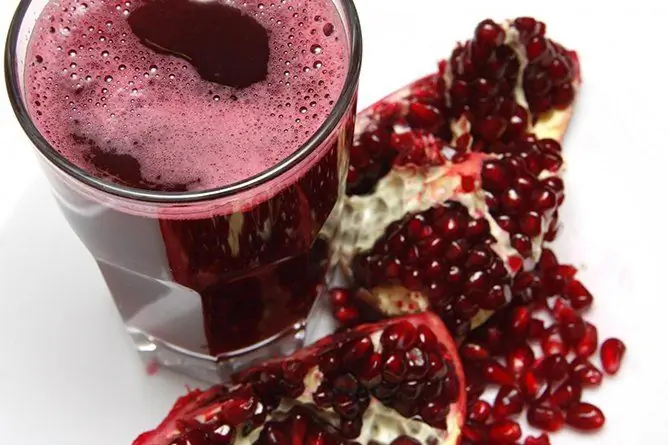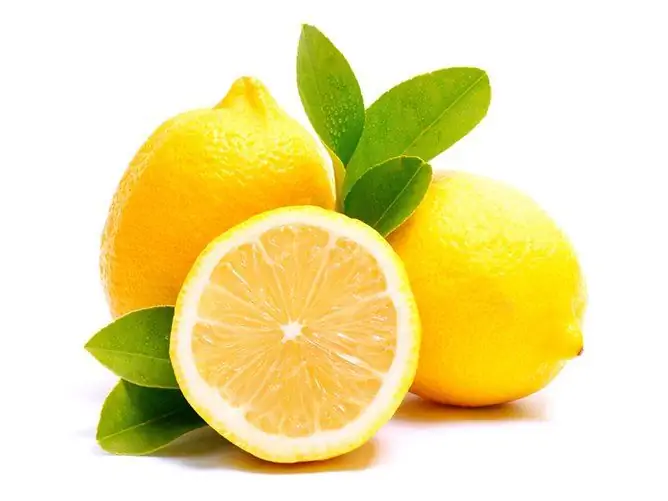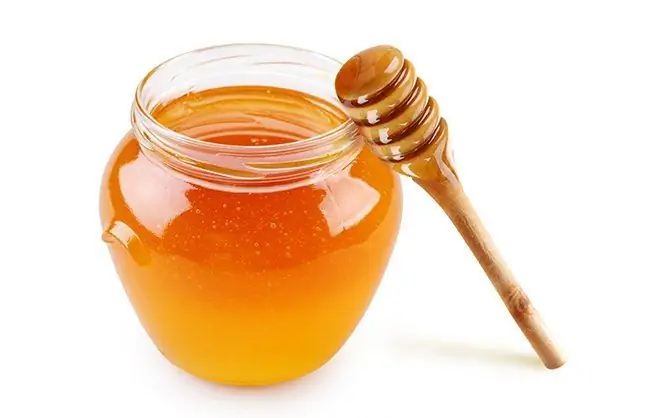- Author Rachel Wainwright wainwright@abchealthonline.com.
- Public 2023-12-15 07:39.
- Last modified 2025-11-02 20:14.
Does wine increase or decrease pressure?
The content of the article:
- The effect of wine on the body
- Compatibility of wine with drugs against pressure
- Which wine lowers blood pressure and which increases it
- The beneficial substances contained in wine
- Video
Wine increases blood pressure, obviously, for this reason, doctors do not recommend getting involved in it for hypertensive patients? This is not entirely true. Like many other alcoholic beverages, wine has a dual effect on blood pressure (BP), which, moreover, can vary depending on the type and variety of wine. Let's talk about this in more detail.

In an amount of 140 ml per day, dry red wine can be beneficial for the body
The effect of wine on the body
The effect of wine on the human body, as well as the exact composition of the drink, has not been studied enough.
Can red wine be drunk with high blood pressure? According to doctors, good quality natural dry red wine can be beneficial to health if consumed in small quantities in the absence of contraindications. Wine is a natural diuretic, therefore it helps to remove excess fluid from the body and prevents the formation of edema. According to a number of studies, with the regular use of dry red wine in small quantities in the early stages of hypertension, blood pressure is normalized, and the risk of stroke (by 20%) and cardiovascular pathology (by 15%) decreases. However, it should be borne in mind that this works provided that a person leads a generally healthy lifestyle - he eats regularly and does not overeat, actively moves, gets enough sleep.
The useful amount of wine is no more than 140 ml per day, 1-3 times a week, and it is recommended to dilute the drink with water in a 1: 2 ratio (this does not affect the positive properties of wine).
Exceeding the recommended amount can increase your blood pressure. If a person drinks more than 300 ml of wine per day, the risk of developing not only arterial hypertension, but also pancreatitis, alcoholic cirrhosis of the liver, tumors, stroke, heart attack and other disorders of the cardiovascular system increases significantly.
Contraindications to wine consumption are gastric ulcer and duodenal ulcer, gastritis, pancreatitis, bronchial asthma, migraine, allergies, neuropsychiatric disorders, current or history of alcohol dependence. With a systolic pressure in hypertensive patients exceeding 140 mm Hg. Art., drinking wine or any other alcohol is not recommended.
Compatibility of wine with drugs against pressure
Taking wine and antihypertensive drugs together can cause unpredictable consequences, since most drugs for blood pressure are incompatible with alcohol. You can expect both a decrease in efficiency and a sharp increase in it, as well as the development of any side effects.
Usually, information on the interaction of a specific drug with alcohol is indicated in the instructions for use, but if it is not indicated that the joint intake of alcohol and the drug is allowed, by default it is considered prohibited.
Which wine lowers blood pressure and which increases it
Among the useful properties of natural red wine is called its beneficial effect on the endocrine system, increasing the body's resistance, preventing malignant neoplasms, counteracting anemia, and increasing appetite. In a small amount, the drink normalizes the acidity of the stomach, stimulates the secretion of bile. Wine is useful for colds, as it has antibacterial and antiviral properties. When consumed regularly, red wine can relieve a person from sleep disorders, in particular from insomnia.
So does red wine raise or lower blood pressure? It depends on its type. Dry red wine increases the concentration of nitrogen in the blood, which dilates blood vessels and decreases blood pressure.
Semi-sweet red wine increases blood pressure, for this reason it is sometimes recommended for patients with low blood pressure.
Fortified (sweet) wine raises blood pressure. Its use by patients with arterial hypertension can lead to the development of a hypertensive crisis, so it is better for them to refuse fortified wines. In addition, sweet wines are not recommended for overweight people, and it often accompanies hypertension.
As for white wine, it has fewer beneficial properties, however, when used in moderation, it also has a beneficial effect on the body. So, this drink helps to fight atherosclerotic lesions of blood vessels, a number of diseases of the gastrointestinal tract.
When white wine is consumed, blood pressure rises, so if a person is diagnosed with hypotension and there are no contraindications, he may be advised to drink a little white wine daily (no more than 100 ml per day).

White wine can increase blood pressure, therefore it is recommended for hypotonic patients
The beneficial substances contained in wine
The composition of dry red wine contains a large amount of fruit acids, which have an antispasmodic effect, therefore, helping to lower blood pressure.
Wine made from red grapes contains a large amount of polyphenols. Thus, resveratrol, which is contained in the skin of grapes, has cardioprotective, hepatoprotective, anti-inflammatory and antitumor effects, improves oxygen supply to cells, lowers blood glucose levels, accelerates cellular metabolism, and prevents obesity.
Procyanides, which are also found in dry red wine, prevent the development of hypertension, coronary circulation insufficiency, myocardial infarction, atherosclerosis.
The tannin present in grape seeds and stalks prevents thrombosis, improves the elasticity of blood vessels, which makes it possible to use wine to prevent pathologies of the heart and blood vessels.
In addition, dry red wine contains vitamins A, B, C, E, PP, iron, iodine, potassium, magnesium, phosphorus. There are more antioxidants in red wine, however, they are believed to be more effective in white wine.
Video
We offer for viewing a video on the topic of the article.

Anna Aksenova Medical journalist About the author
Education: 2004-2007 "First Kiev Medical College" specialty "Laboratory Diagnostics".
Found a mistake in the text? Select it and press Ctrl + Enter.






